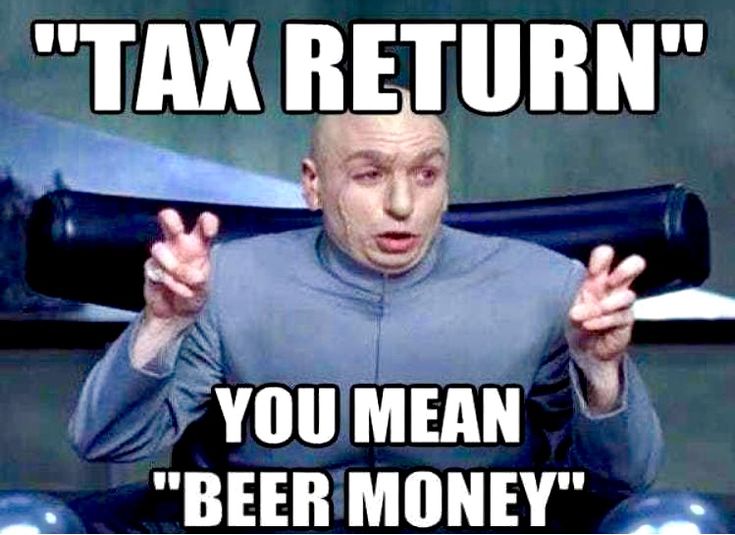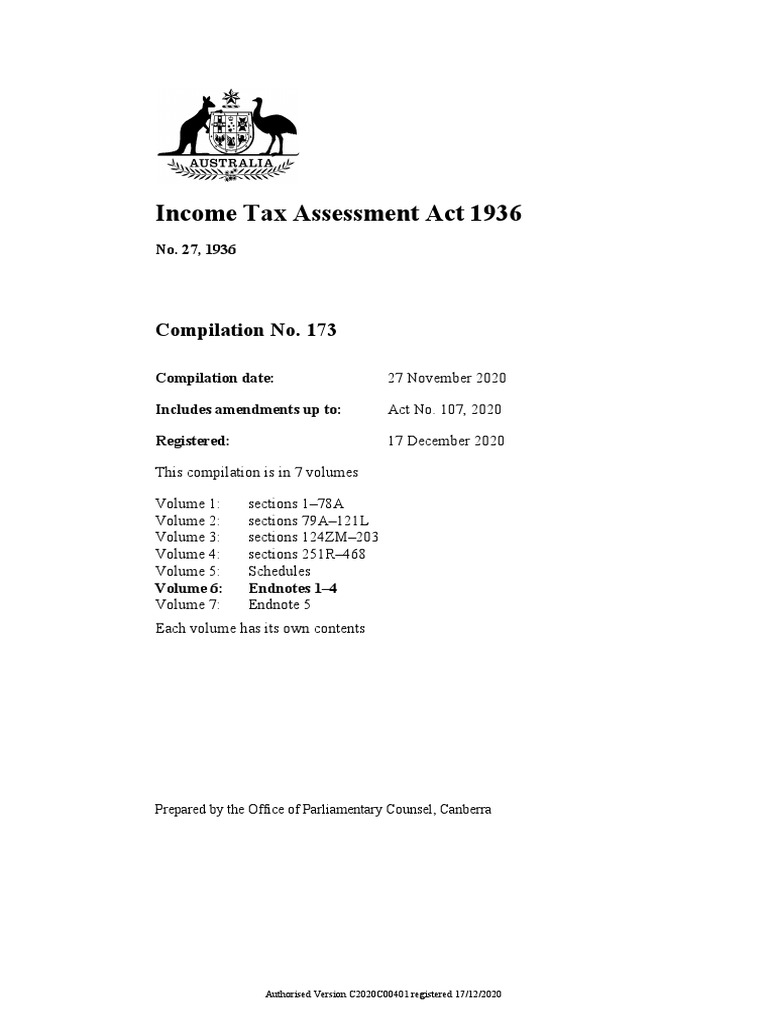
Haven’t Done Your Taxes for 5 Years in Australia? Here’s What You Need to Do!
So, it’s been five years since you last lodged a tax return in Australia? Don’t worry, you’re not alone, and more importantly, it’s never too late to catch up. Here’s a comprehensive guide on what you need to do to get back on track and avoid those pesky penalties!

Why You Need to Lodge Your Tax Return
If your income exceeds the tax-free threshold of $18,200, you’re required by law to lodge a tax return. Even if you earn less, you might still need to lodge one. For detailed advice, consulting a tax expert is a great idea.

Potential Penalties and Consequences
The Australian Taxation Office (ATO) can impose various penalties if you don’t lodge your tax return:
- Failure To Lodge (FTL) Penalty: $330 per 28-day period, up to a maximum of five periods.
- Default Assessments: The ATO may estimate your income, usually higher than what you actually owe.
- Prosecution: In severe cases, the ATO can prosecute, leading to fines up to $9,000 or 12 months of imprisonment.
- Increased Audit Risk: You’re more likely to be audited if you lodge late.
What If You Don’t Need to Lodge?
If you’ve earned less than $18,200 and didn’t pay any tax, you might not need to lodge a return. However, you must submit a non-lodgement advice to the ATO to explain why you’re not lodging a return.

Steps to Take If You’ve Missed Multiple Years
Ready to face your tax fears? Here’s what you need to do to get back on track:
1. Gather Your Documents
Collect income statements, bank records, and other relevant financial documents from the past five years.
2. Consult a Tax Expert
Engage with a tax consultant. They can help you navigate the complexities and ensure you’re claiming all eligible deductions.
3. Lodge Your Returns
You can either lodge online through myGov or hire a professional service like H&R Block to do it for you.
4. Communicate with the ATO
If you’re unable to pay any overdue tax, discuss a payment arrangement with the ATO to avoid additional penalties.

Perks of Lodging Late Returns
Believe it or not, there are benefits to catching up on your taxes:
- Access to superannuation co-contributions and family tax benefits.
- Potentially lower penalties if you voluntarily disclose your overdue returns.
What to Do Next?
If you’ve been procrastinating, now’s the time to act! Get your documents in order, consult a tax expert, and lodge those overdue tax returns.
Need Help?
Don’t hesitate to seek professional help to make the process as painless as possible. H&R Block, for instance, can assist in filing your late returns and even negotiate with the ATO on your behalf.
Conclusion
Taking care of your overdue tax returns might seem daunting, but it’s a crucial step towards financial peace of mind. Start today and reap the benefits of being up-to-date with your taxes!
Have you ever dealt with overdue taxes? Share your experiences and tips in the comments below!

Mason Caldwell is a financial expert and writer who specializes in topics related to taxation, personal finance, and economic analysis. With extensive experience in the financial industry, Mason has contributed to numerous financial publications, sharing insights that help individuals and businesses make smarter financial decisions. Known for his ability to simplify complex financial topics, Mason’s articles are both informative and accessible to a wide audience. When he’s not writing, Mason enjoys hiking, reading historical novels, and exploring new technologies in finance.






